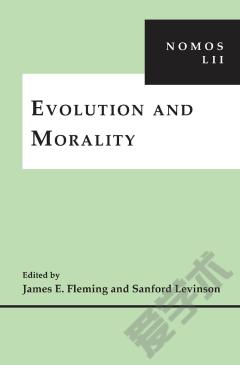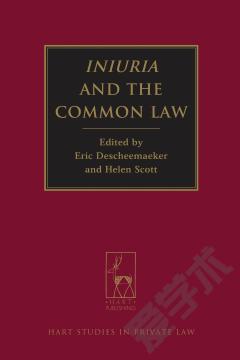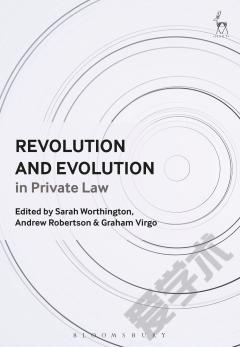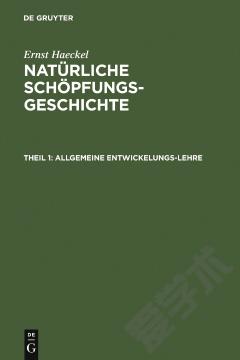Evolution and the Common Law
This book offers a radical challenge to accounts of the common law's development. Contrary to received jurisprudential wisdom, it maintains there is no grand theory which will explain satisfactorily the dynamic interactions of change and stability in the common law's history. Offering original readings of Charles Darwin's and Hans-Georg Gadamer's works, the book shows that law is a rhetorical activity that can only be properly appreciated in its historical and political context; tradition and transformation are locked in a mutually reinforcing but thoroughly contingent embrace. In contrast to the dewy-eyed offerings of much contemporary work, it demonstrates that, like life, law is an organic process (i.e., events are the products of functional and localized causes) rather than a miraculous one (i.e., events are the result of some grand plan or intervention). In short, common law is a perpetual work-in-progress - evanescent, dynamic, messy, productive, tantalising, and bottom-up.
{{comment.content}}








 京公网安备 11010802027623号
京公网安备 11010802027623号